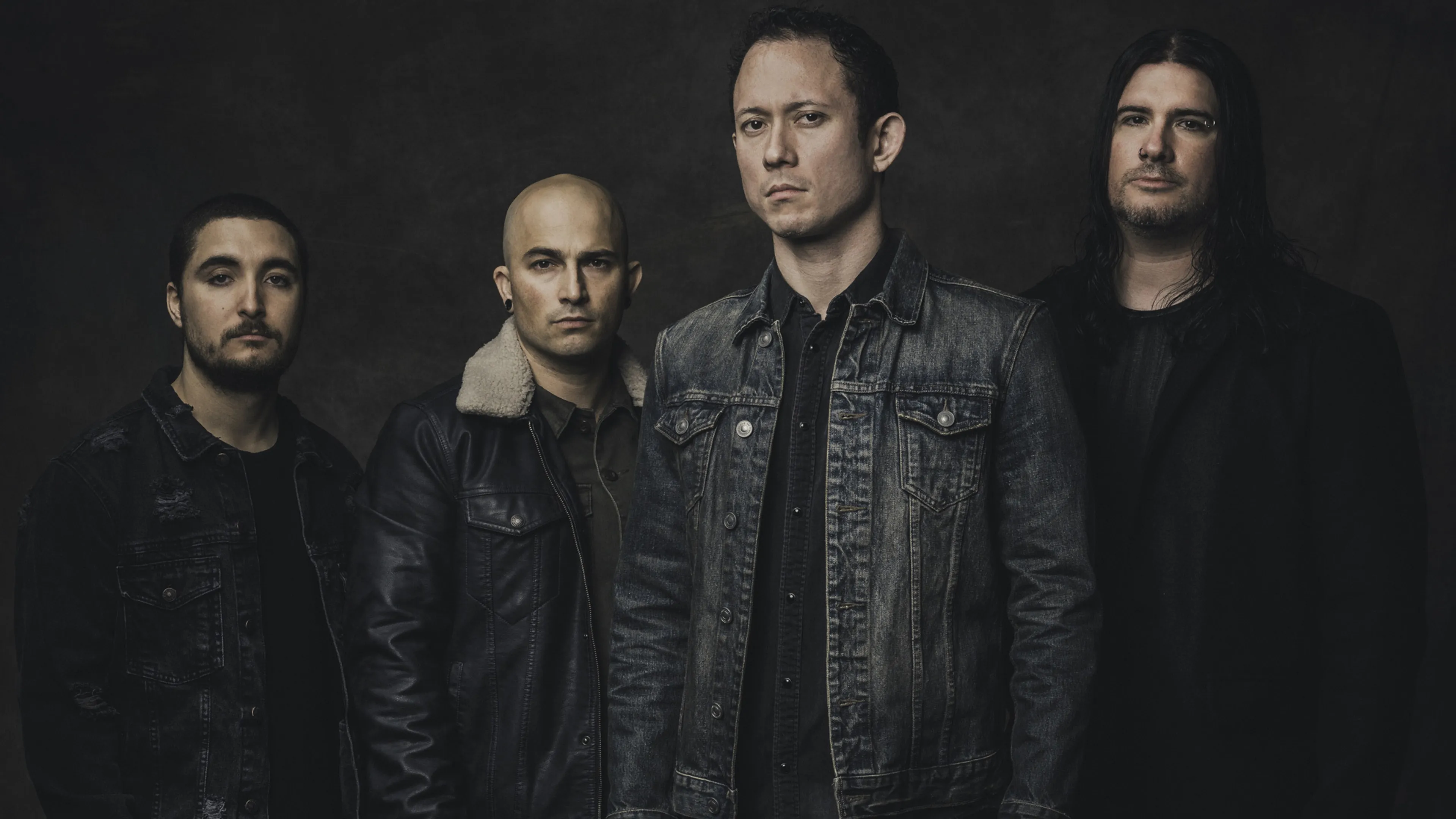“Corey [Beaulieu, guitar] wrote the demo and brought it in. A lot of times, when we bring in demos, we don’t have lyrics, but Corey put the screaming part in there and it was awesome. Having that in there makes things a lot easier to think about.
“Musically, it’s definitely one of the heaviest songs on the record. In some ways it reminds me of early Trivium like Ember To Inferno, songs like Pillars Of Serpents which are straight-heavy the whole time – whereas Ascendency opened up to melody with the choruses. This is pre-Ascendency of straight-up riffiness.
“I felt like the lyrics needed to reflect that as well. When I saw the title, the first thing I thought of was the total wreckage from the last two decades of professional war that’s been engaged between The States and our allies; these bodies have been piling up and nobody can give good answers what for.
“People talk about PTSD and the horrors of war, but there’s not a lot of talk about the people it’s inflicted upon – especially innocent people – and the trauma inflicted on generations where there’s no help coming. I was trying to think through their eyes. It’s kind of bleak, and I wanted the lyrics to be as heavy as the riffs. I’m happy with the genre of music that we play because we get to dive into that stuff and not be shy about it. It’s definitely one of the standout tracks.”
